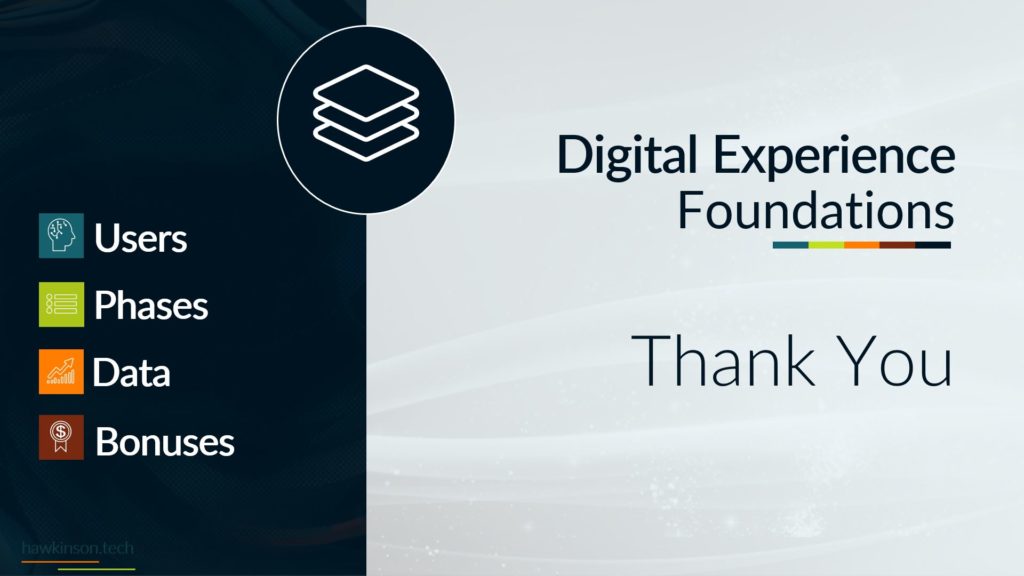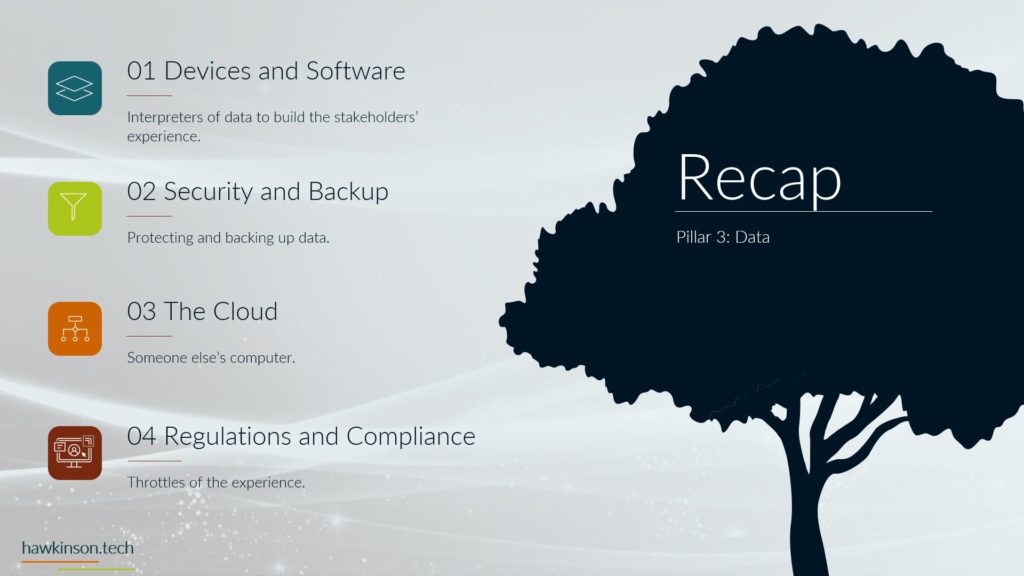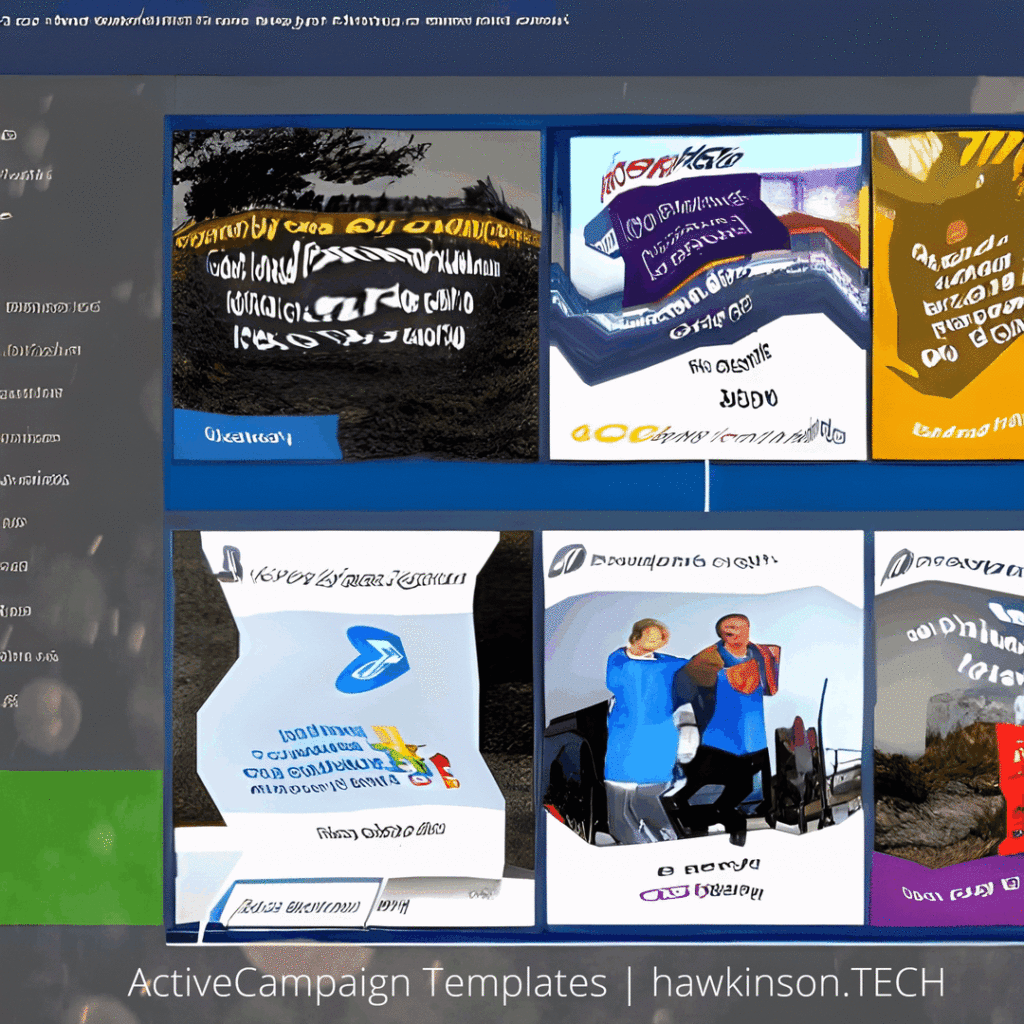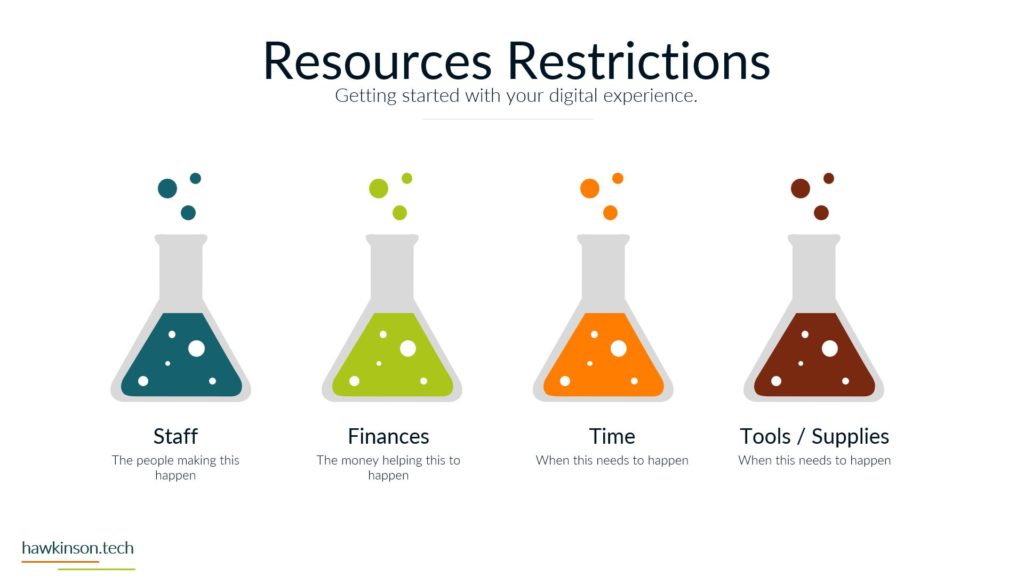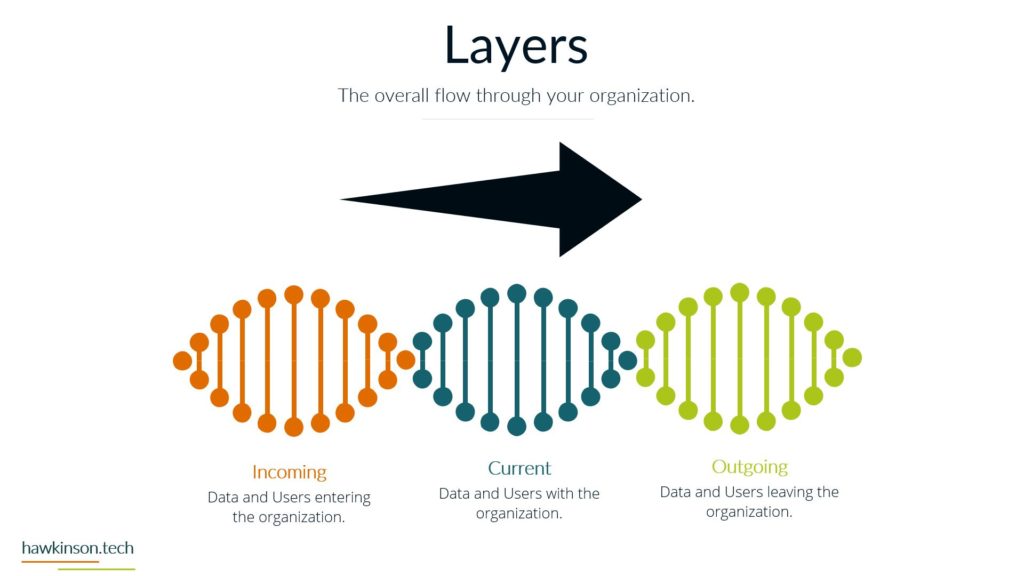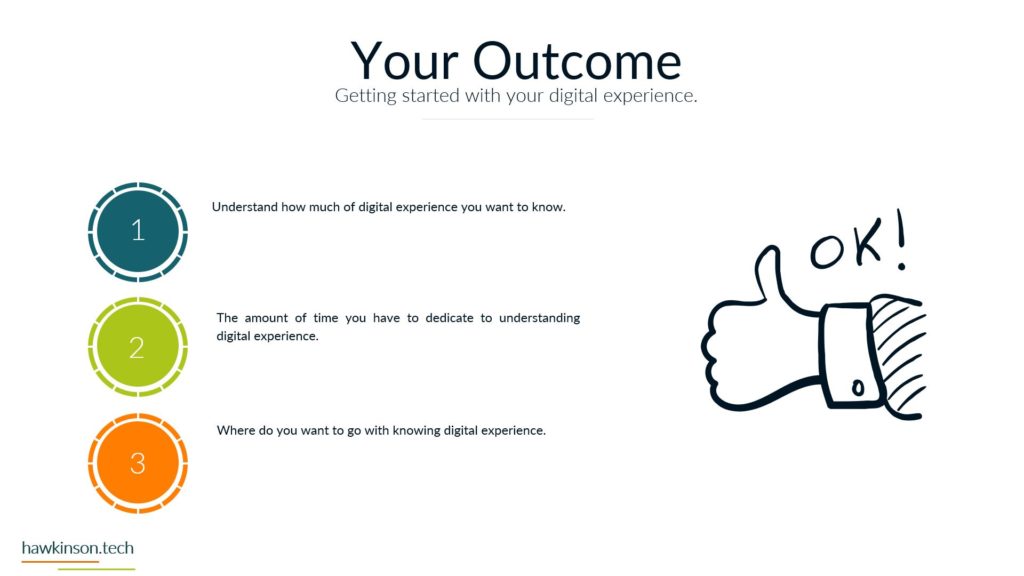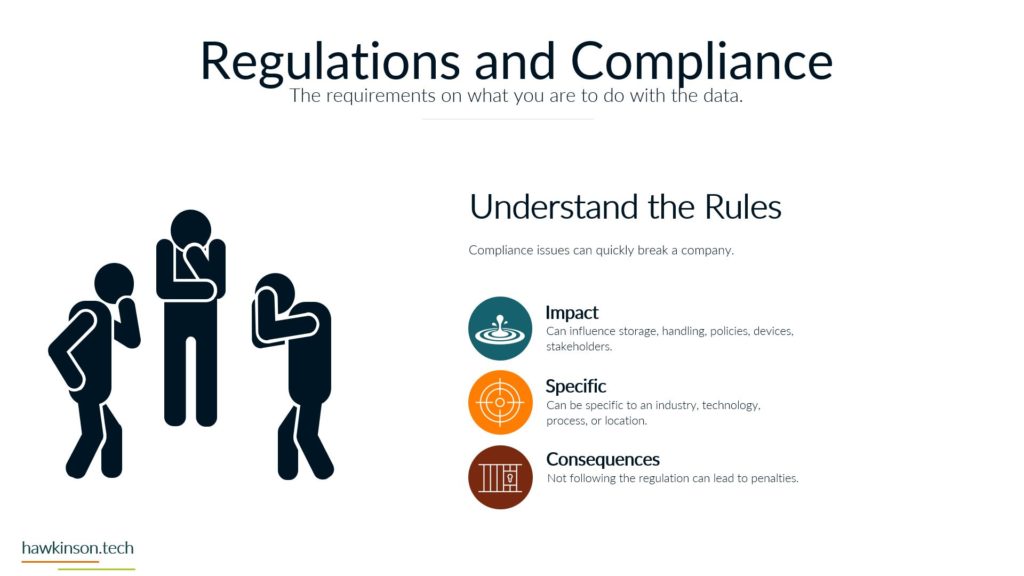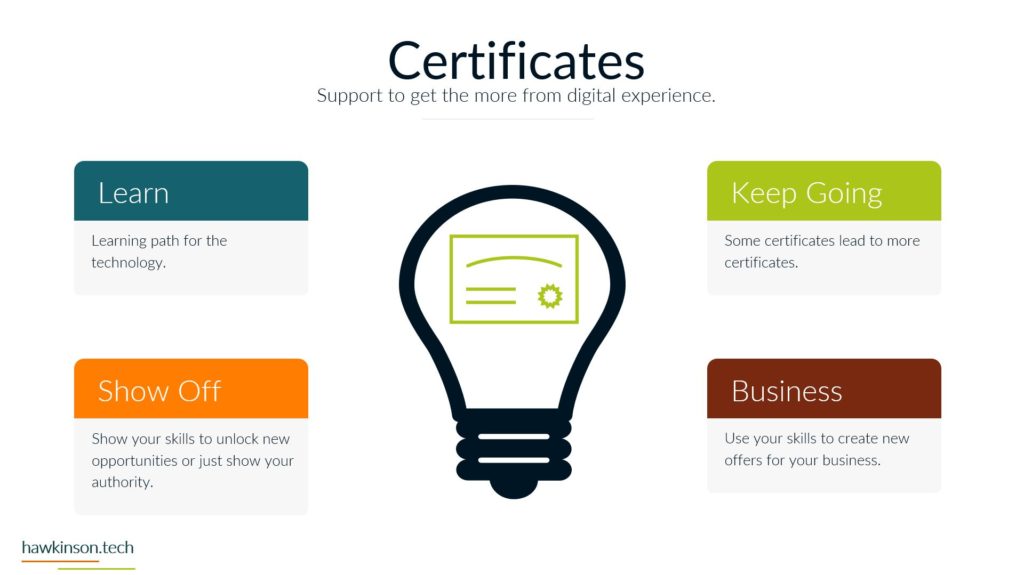Customer Relationship Management (CRM) has become essential for businesses in today’s highly competitive market. It enables organizations to effectively manage their interactions with customers and prospects, streamline processes, and improve profitability. This article will discuss the benefits and importance of CRM, focusing on customer acquisition and relationship management.
The primary goal of any business is to acquire and retain customers. To achieve this, companies must understand their customers’ needs, preferences, and expectations. CRM systems provide a comprehensive platform for managing all aspects of customer relationships, from lead generation to customer service and support.
By implementing a CRM system, businesses can gain a competitive advantage by improving customer acquisition and relationship management processes. This article will explore the benefits and importance of CRM in these key areas.
Customer Acquisition
Customer acquisition is the process of attracting new customers to a business. This is critical to any organization’s growth strategy, as acquiring new customers helps increase revenue and expand market share.
With CRM, businesses can segment their leads based on various criteria, such as demographics, interests, or past behaviors. This segmentation enables companies to create targeted marketing campaigns that resonate with specific customer segments. By delivering personalized and relevant content, businesses can increase engagement and conversion rates.
Improved Lead Generation
CRM systems enable businesses to collect, store, and analyze customer data, which can be used to identify potential leads and target marketing efforts more effectively. By understanding customer preferences and behavior, businesses can tailor their marketing campaigns to attract the right audience and generate higher-quality leads.
CRM systems serve as a centralized repository for storing and organizing lead information. This allows businesses to capture and consolidate data from various sources, such as website forms, social media, email campaigns, and offline interactions. By having a unified view of leads, companies can better understand their audience and tailor their marketing strategies accordingly.
Streamlined Sales Process
A CRM system can help to streamline the sales process by automating routine tasks, such as sending follow-up emails or scheduling sales calls. By reducing the time spent on manual tasks, sales representatives can focus on building relationships with prospects and closing deals more efficiently.
CRM systems facilitate effective lead nurturing by automating personalized communication workflows. By leveraging data stored in the CRM, businesses can send tailored messages, follow-ups, and targeted offers to leads at the right time. This continuous engagement helps build relationships, increase brand awareness, and move leads further down the sales funnel.
Enhanced Customer Segmentation
CRM systems allow businesses to segment their customer base based on various criteria, such as demographics, purchase history, or interaction history. This enables companies to create targeted marketing campaigns that resonate with specific customer segments, ultimately increasing conversion rates and driving customer acquisition.
Better Customer Relationship
Once a business has acquired new customers, it is crucial to maintain and strengthen those relationships. CRM systems play a vital role in managing customer relationships by providing the tools and insights necessary for businesses to deliver exceptional customer experiences.
Integrating CRM with marketing automation platforms can further enhance lead generation. Marketing automation tools enable businesses to automate and optimize lead nurturing workflows, email marketing campaigns, and lead scoring. The integration with CRM ensures that lead data and interactions are seamlessly synchronized between systems, providing a holistic view of each prospect’s journey.
Personalized Customer Experiences
By centralizing customer data in a CRM system, businesses can gain a 360-degree view of their customers, including their preferences, purchase history, and interactions with the company. This information can be used to personalize customer experiences, such as offering tailored product recommendations or providing targeted support, ultimately increasing customer satisfaction and loyalty.
Improved Customer Service
CRM systems can help to improve customer service by providing customer service representatives with easy access to customer information and interaction history. This enables them to quickly and effectively address customer inquiries and resolve issues, increasing customer satisfaction and reducing churn.
As team members add new information or update existing data in the CRM system, these changes are reflected in real time for all users. This ensures everyone can access the most current information, enabling them to make informed decisions and provide consistent service across all touchpoints.
Enhanced Communication and Collaboration
One of the most significant benefits of a CRM system is its ability to enhance communication and collaboration within an organization. By centralizing customer information and providing a platform for tracking interactions, CRM systems enable team members to work together more effectively, ultimately leading to better customer experiences.
CRM systems facilitate better communication and collaboration among team members by providing a centralized platform for sharing customer information and tracking interactions. This ensures that all team members have access to the most up-to-date customer information, enabling them to provide consistent and informed service across all touchpoints.
CRM systems serve as a single source of truth for customer data, ensuring all team members can access the most up-to-date and accurate information. This eliminates the need for employees to search through multiple systems or rely on outdated spreadsheets, making it easier to find the information they need to serve customers effectively.
Increased Customer Retention
By providing businesses with the tools and insights necessary to maintain strong customer relationships, CRM systems can help increase customer retention. Retaining customers is more cost-effective than taking measures to attract new ones, making customer retention a critical aspect of any organization’s growth strategy.
CRM systems provide robust reporting and analytics capabilities that allow businesses to measure the effectiveness of their lead-generation efforts. Companies can track key metrics, such as conversion rates, lead sources, and campaign performance. These insights help identify successful strategies and optimize marketing campaigns for better lead-generation outcomes.
Conclusion
CRM systems offer numerous benefits in customer acquisition and relationship management. By streamlining processes, providing valuable insights, and enabling personalized customer experiences, CRM systems can help businesses attract new customers and maintain strong relationships with existing ones.
Implementing a CRM system is an investment in the future success of a business, as it enables organizations to become more customer-centric and responsive to their needs. By prioritizing customer acquisition and relationship management, companies can ensure long-term growth and profitability in today’s competitive market.




















